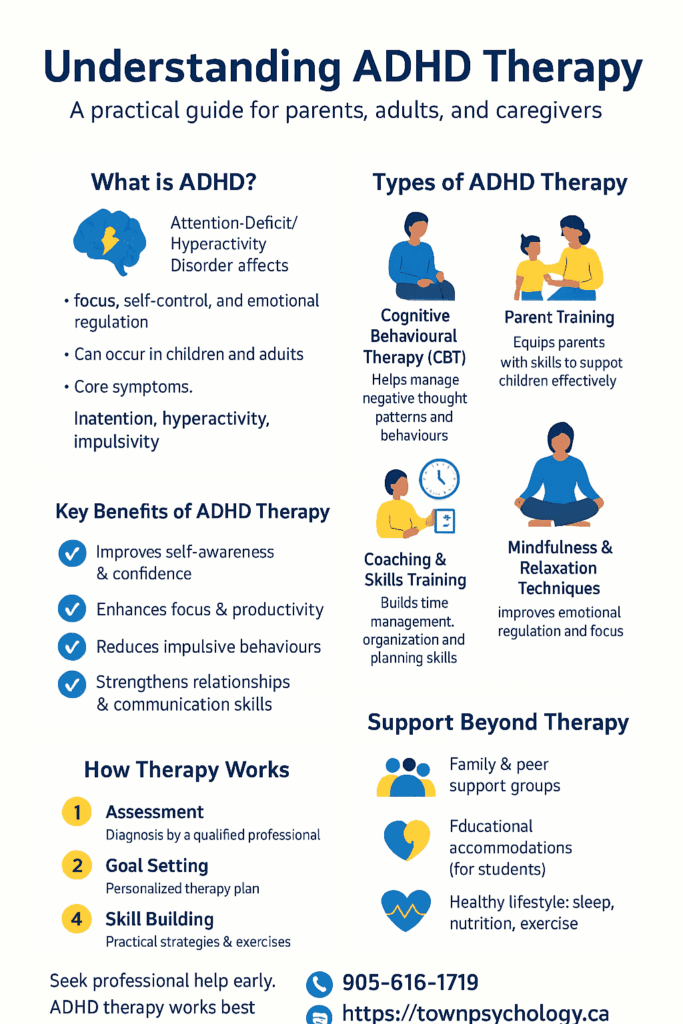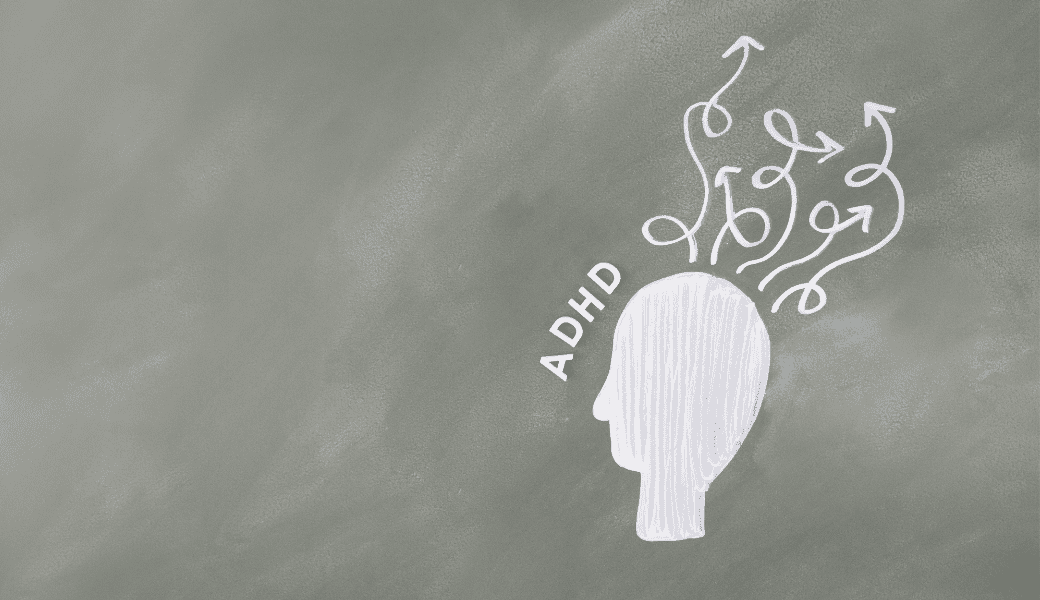ADHD, which stands for Attention Deficit Hyperactivity Disorder (ADHD), is a neurodevelopmental condition affecting children’s sense of calm, learning abilities, and causing immense restlessness. Lack of attention, fidgeting, and impulsive behaviors are a few of the signs of it.
Global estimates suggest that around 7 % of children and adolescents worldwide show signs of ADHD. This amounts of over 129 million children across the world. Also, boys are twice as likely as girls to be affected.
With ADHD assessment near me, therapy methods as well as medications have been helping parents and children to manage symptoms of the disorder. Also, Adult ADHD Treatment helps them to thrive in multiple aspects of their lives, such as social and academic.
Behavioral Therapy:
Behavioral therapy is more efficient in younger children. It equips parents and/or guardians to encourage positive behavior in children and reduce the frequency and intensity of tantrums and less desirable behaviors.
Apart from that, the ADHD therapy for kids helps the patients to mitigate the impacts of symptoms and disorder by implementing practical routines. Behavior therapy depends upon tools like reward systems, clear instructions, and consistent consequences.
With that, children learn to self-control; they also begin to understand their own symptoms, and with proper therapy, they can deal with the symptoms in a healthy way.
Parent Training in Behavior Management (PTBM):
Parents and caregivers play the most important role in children’s lives. Parents especially need to be more attentive if the child is dealing with ADHD.
Parent Training in Behavior Management guides parents to understand their child’s ADHD symptoms. The therapy also teaches parents specific skills to manage the symptoms and enable healthy development in the child.
This also helps parents to create and maintain a healthy and nourishing environment at home. Parents help the child to get into a routine, which empowers the child as well as the parents.
Cognitive Behavioral Therapy (CBT):
CBT has become quite a popular therapy method; it also helps with anxiety. In the case of ADHD, it helps patients to work on their thought process. Those who get intrusive thoughts or have a negative outlook on life can benefit from CBD.
Also, CBD allows you to be more organized and emotionally regulated in a healthy way. One develops better and stronger coping strategies and boundaries with the help of this particular therapy method.

Social Skills Training:
For children, especially those with ADHD, it is difficult to decode the social norms, specific ways of greeting, and appropriate social behaviors.
With Social Skills Training, children learn the difference between their casual at-home behavior and their social behavior. This way, ADHD patients grow to maintain friendships and develop better communication skills.
Occupational Therapy (OT):
In some cases of ADHD, the disorder makes it difficult for the child to learn specific motor skills. This hinders their daily activities like handwriting, sensory processing, or even tying their shoelaces.
With the skills and exercises received through Occupational ADHD therapy near me, patients slowly pass the obstacles and become fluent with fine motor skills, too.
Mindfulness and Meditation:
Slow and deep breathing, often combined with guided meditation or calming sounds by an ADHD therapist near me, can reduce fidgeting and restlessness after long-term practices.
While not a standalone treatment for core ADHD symptoms, they can significantly reduce associated anxiety, impulsivity and improve focus over time.
Helping a child with ADHD isn’t about finding a one-size-fits-all solution; it is also not about getting rid of the symptoms. It’s about finding ways, including therapy, medication, and self-regulation, through an intricate journey.
Developing a strong support system and solutions that keep the child’s emotional and academic journey healthy and functioning is quite necessary, too.
At Town Psychological Services, our therapies not only aim to improve focus, impulse control, and behavior but also nurture critical life skills like self-awareness, resilience, and emotional regulation.
It’s important to remember that early intervention makes a difference. When ADHD goes untreated, children may struggle with low self-esteem, academic challenges, strained relationships, and emotional distress.
But with the right support rooted in empathy, structure, and clinical guidance children with ADHD can learn to understand their minds, harness their strengths, and develop into confident, capable individuals.

